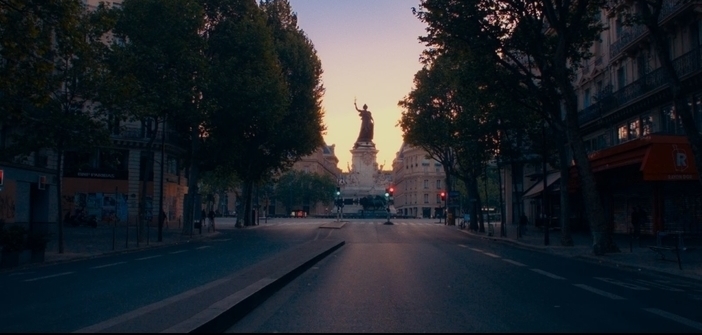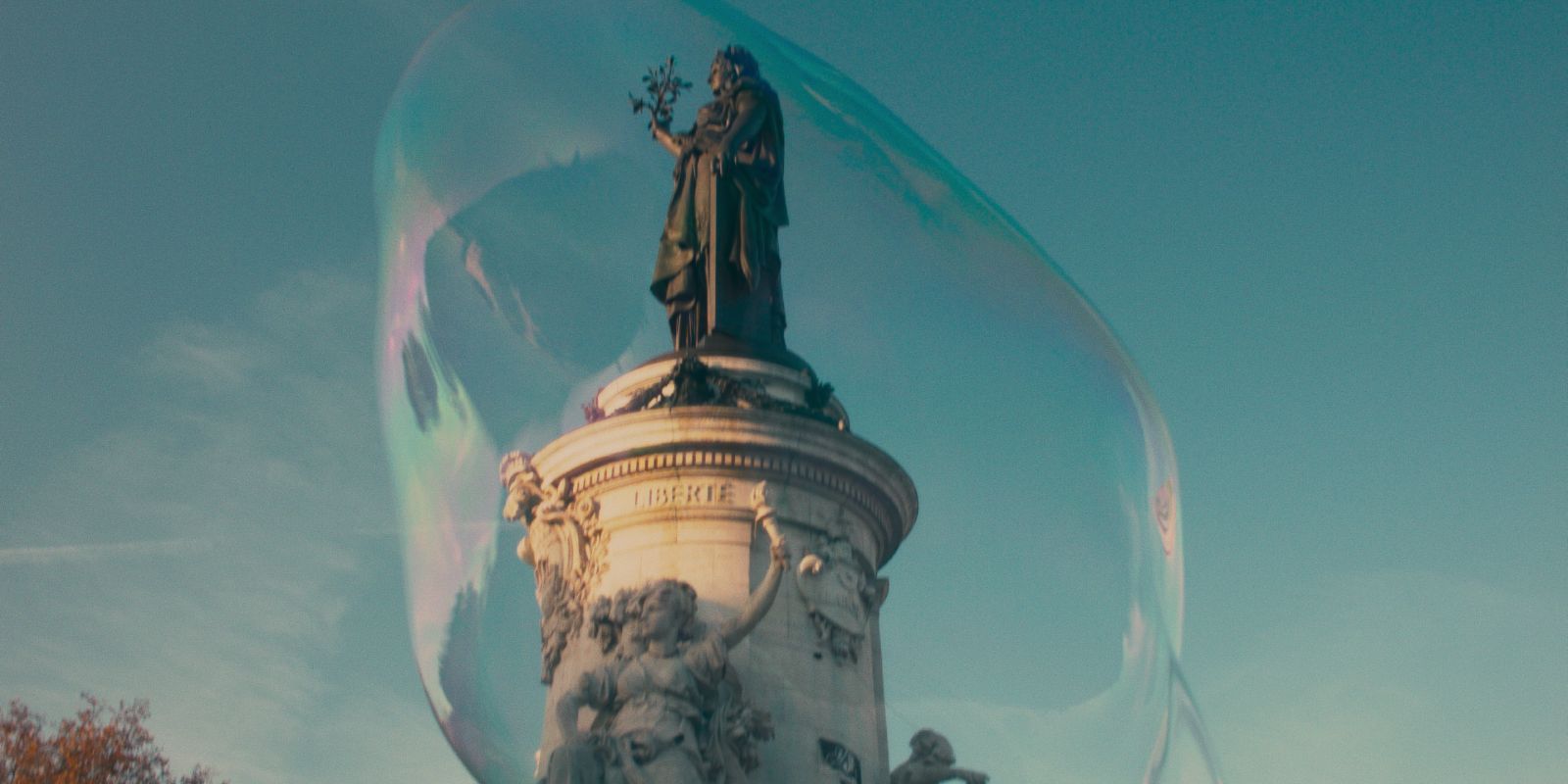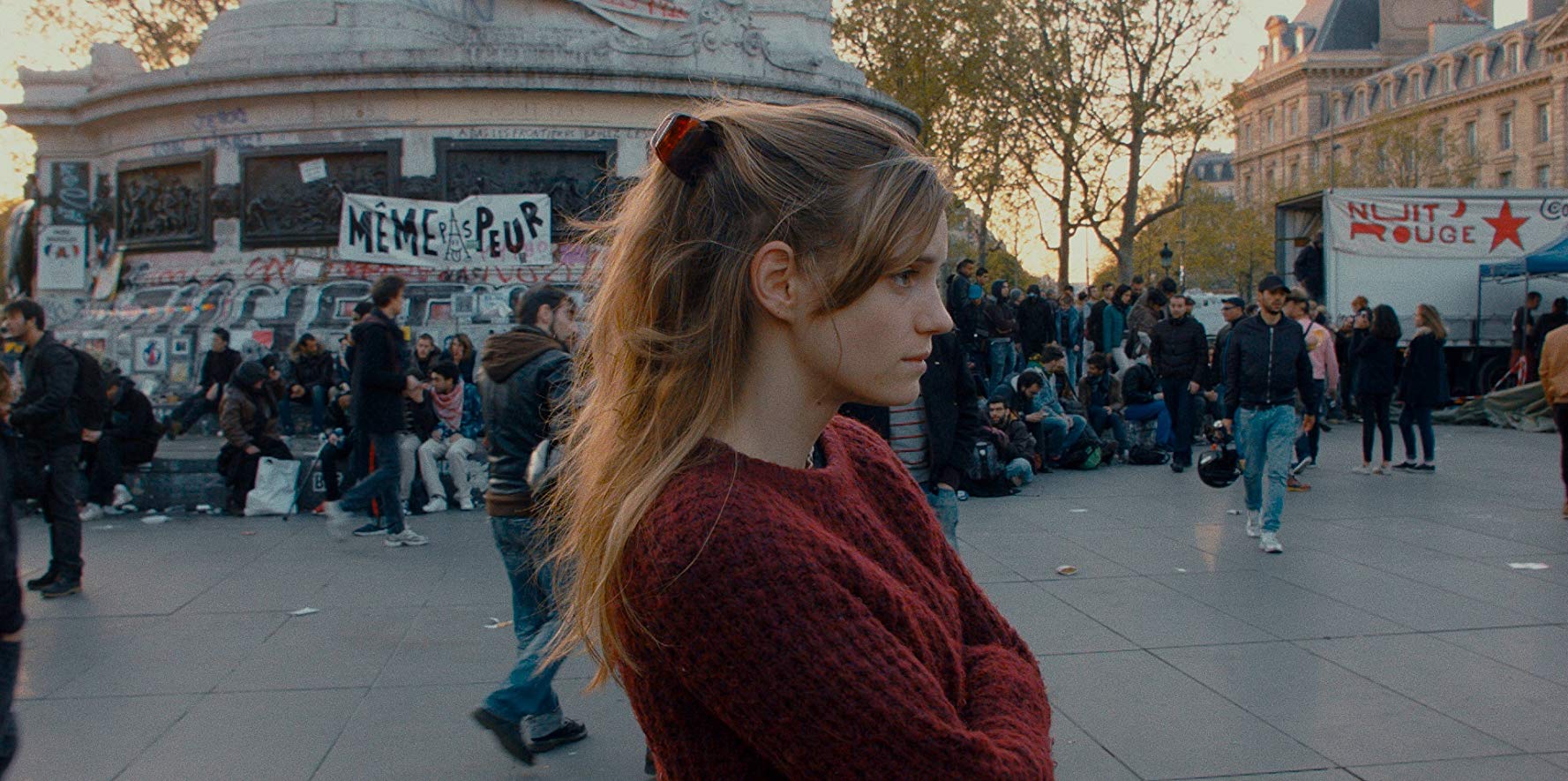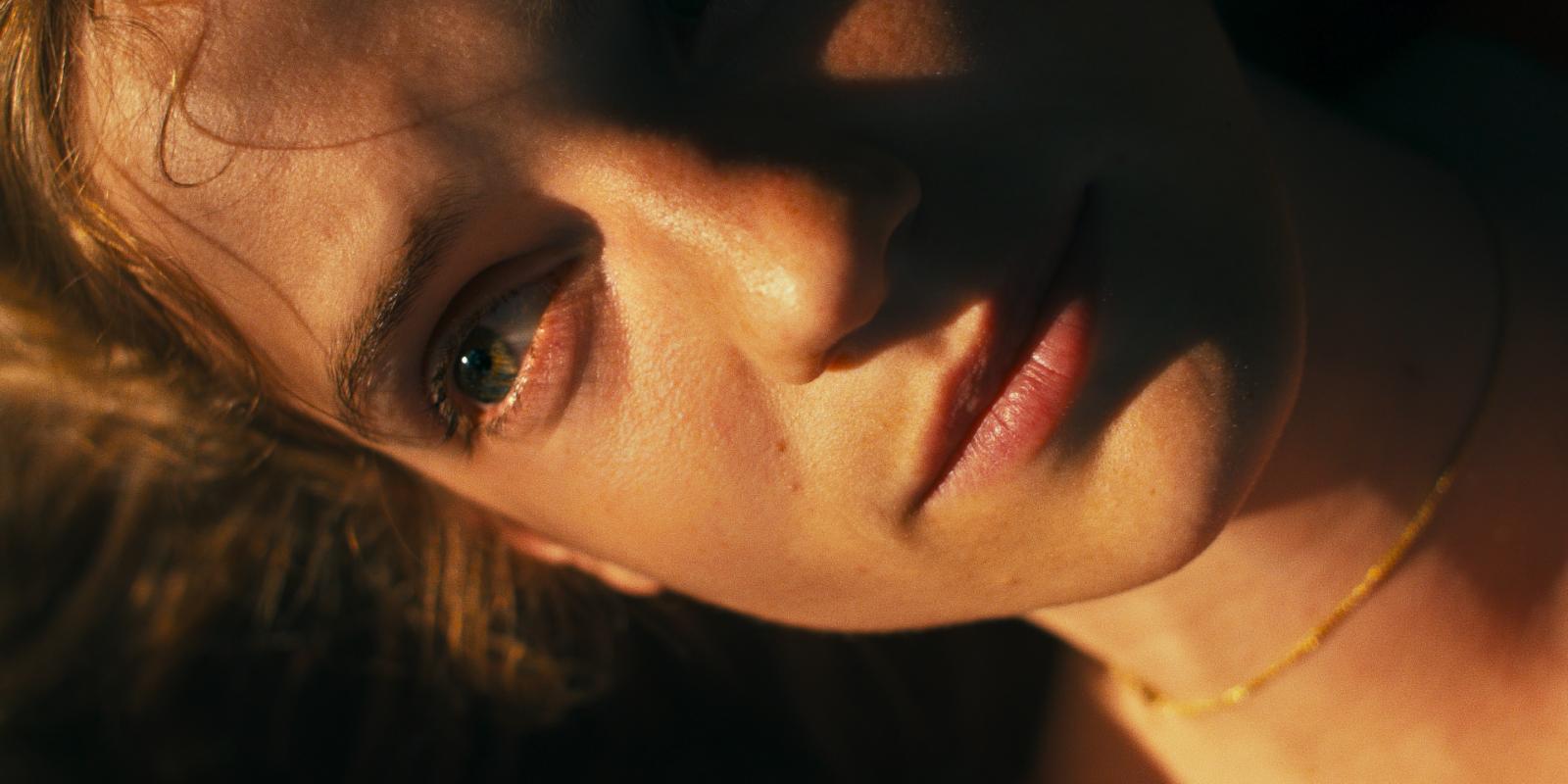“Paris Is Us” is a feature film directed by Elisabeth Vogler and distributed on the Netflix platform since February 22, 2019. An atypical project, indeed, the film presents itself as an experimental work, conceived and written by a collective of young creators (editors, screenwriters…). Post-production was completed thanks to crowdfunding launched by the team in February 2018, which helped to raise awareness about the project. Breaking away from the traditional model is a good thing. But is this really the case with the final content?
Before formulating an analysis, it is necessary to clarify certain points. The film has, for the moment, been quite poorly received by critics. It is particularly criticized for its shaky or even absent plot, and the lack of information revealed about the characters. Let’s keep in mind that Paris Is Us was constructed as an experience driven by a creative impulse rather than commercial intent. That’s how it should be approached, and not otherwise.
Anna (Noémie Schmidt) meets Greg (Grégoire Isvarine) at a Parisian party. The two young people build a relationship and get to know each other. Until the day Greg decides to leave for Barcelona and begs Anna to follow him. Initially reluctant, she finally agrees to join him but misses her flight. Coincidentally, the plane she was supposed to take crashes, leaving no survivors. This news shakes her and brings about significant changes and reflections within her.
Paris, this urban body
The greatest achievement of the film lies in two significant aspects. Its visual qualities and the relationship between Anna and her environment. Namely Paris. Filming took place from 2014 to 2017, with the idea of capturing the urban transformations and evolutions over three years. Furthermore, the social movements emerging here and there over the years. We observe the demonstrations against the labor law, the attacks, and even the flooding of the Seine. Apart from the main actors, no extras participated in the film, which implies the presence of real people in front of the camera. This hyperrealistic element can shock or leave one indifferent. It all depends on our view of the boundary between fiction and documentary.
Anna literally blends into her city where she has her habits, her routine, but also her fears. Thus, we see the emergence of the young woman’s anxieties as tension fills the streets. Visually, the alternation between close-ups, medium shots, and wide shots really gives us the impression of congruence between human emotions and the rigidity of the facades. One could almost speak of a bio-society, as Anna’s growing anxiety goes hand in hand with the inevitable rise of social unrest, which we have all experienced at some point. The treatment of light and camera movements create a rather striking result. There is a strong inspiration from Terrence Malick’s cinema (Tree of Life, The Thin Red Line) in Elisabeth Vogler’s film. Whether through extreme close-ups on bodily details, the presence of a voice-over, and metaphysical monologues, we find the very specific essence of Malickian cinema.
The Failure of Love
Paris Is Us might have become a good film, even a great film. Its intimate view on Anna’s loss of bearings combined with the societal shocks that mark and erode her self-confidence is a brilliant idea. So why was it necessary to add a love story? Or rather, a breakup story. Because it is indeed the relationship between Anna and Greg that doesn’t hold up, accumulating clichéd and sometimes ridiculous situations. Worse still, the character of Greg is far from convincing and becomes completely anecdotal. Of course, we understand the desire to show this love crumbling like everything else. But we do not engage with this story; it doesn’t resonate. The viewer seeks the other narrative, those magnificent shots during the protests, the police advancing in deserted streets, the crowd facing the reassuring speech of a trembling President before an unprecedented emanation of hatred. We want to read all this on Anna’s face, know her doubts and hesitations to which much of my generation can relate. This is what makes this story powerful and moving.
«
Have you never thought that, Paris, our lives, or maybe even the universe, could very well be a big video game? As if reality, or rather, our experience of reality, was a virtual world, a program on a computer
». (Anna)
In a similar way to how Descartes warned us against the illusion of our sensations, Anna doubts reality. She no longer trusts what she perceives and gradually detaches herself from the outside world to retreat into her mind. Deep down, more than this deformed and oppressive reality, she wants to reach her soul. The philosophical dimension of the film is not necessarily as much of a failure as some have claimed. However, the whole remains too timid, not engaging or mature enough. A small addition and removal are needed, but the form and passion are there. Paris Is Us might indeed have been better titled Paris Is Within Us.








